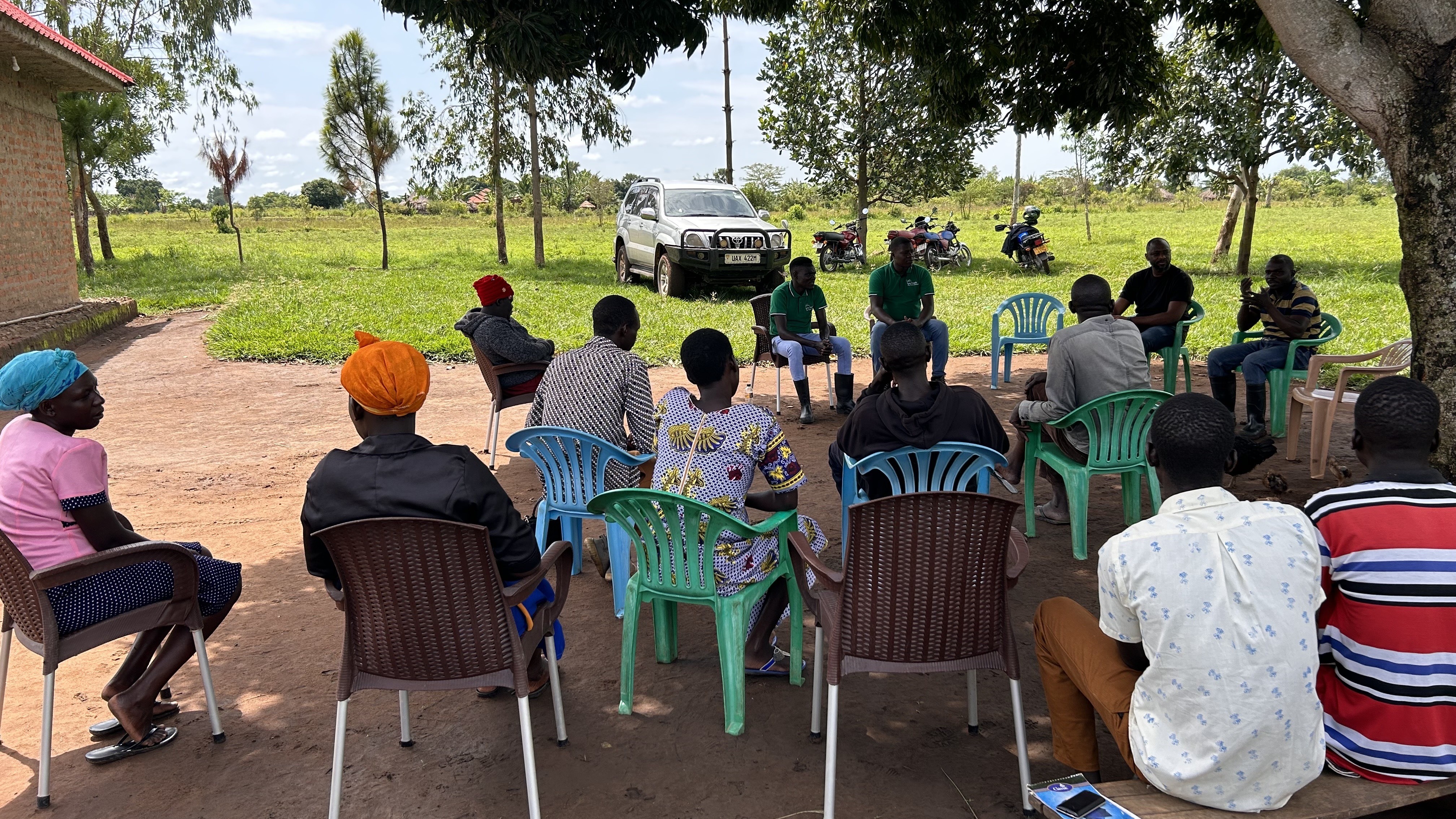

Acceleration of financial technology-enabled climate resilience solutions
Description
This project serves as a transformative bridge between climate change adaptation and fintech innovation by establishing a venture-building and ecosystem -building facility to accelerate fintech-enabled solutions that enhance climate resilience for vulnerable communities in Africa. The initiative provides startups that receive investment from the Catalyst Fund, a pioneering climate adaptation-focused fund in Africa, with tailored venturebuilding support, expert mentorship, and expansive networks. This approach de-risks startups, enhances productmarket fit, and scales impactful solutions. By addressing key adaptation challenges across sectors like agriculture, water management, and waste management and insurance, the project empowers local and women-led ventures, fostering sustainable growth. Ultimately, this program will drive systemic change by strengthening climate resilience, increasing investor confidence, and improving the well-being of millions in climate-vulnerable communities.
Kenya, Nigeria, Rwanda, South Africa, Uganda
The program is unique in how it back climates adaptation and resilience solutions that leverage fintech innovation to expand their reach and affordability for users. Catalyst Fund invests in climate insurance, climate data solutions, and other fintech-enabled models in agriculture, energy and waste management, applying lessons learned from fintech innovations to the world of climate change resilience and adaptation.
The program reframes climate change adaptation and resilience as a business opportunity for investors. It invests at the early stage, and works with a community of 200+ investors to attract more private sector capital to the space. The project connects startups to a network of over 100 investors to open up funding opportunities. This approach is all about driving inclusive and practical solutions to tackle climate resilience challenges.
The project takes a well-rounded approach to supporting startups, starting with a focus on gender by prioritizing those led by women or creating solutions that help improve women’s climate resilience. It offers hands-on venture building support with technology development, business models, design thinking, data management etc.
The project incorporates a comprehensive learning agenda to generate valuable knowledge and insights, fostering communities of practice and connecting ecosystm stakeholders. This knowledge will shape investment strategies and deepen the industry’s understanding of climate adaptation and resilience solutions, and the investment opportunity they represent. By fostering networks of investors, entrepreneurs, and sector experts, the project not only supports individual startups but also contributes to building a thriving climate innovation ecosystem.
Fintech’s Untapped Potential in Climate Adaptation: A significant insight was recognizing the vast, underutilized potential of fintech solutions in addressing climate resilience challenges. Fintech innovations such as digital payments, weather-indexed insurance, and climate risk data tools can serve as critical enablers for vulnerable communities to adapt to climate impacts. In addition, solutions tailored to the specific needs of African markets and localize climate risks are essential to drive usage and impact. This highlighted the importance of supporting startups that deeply understand and cater to local contexts, leveraging local knowledge alongside innovative technologies.
Early-Stage Startups Benefit from both Capital and Venture Building Support: While catalytic funding is essential for de-risking startups, the program revealed that technical venture-building support—such as product development, impact measurement, data management, and fundraising support—is equally critical for helping startups overcome operational challenges and scale. Startups that benefit from both elements show stronger growth trajectories.
High-Touch Investor Engagement is Key to Unlocking Additional Funding: Connecting investors to startups early in the journey, ensured alignment between deeper connections and alignment between startups and investors. Regular interactions between startups and a network of over 200 investors helped improve investor confidence in the scalability of climate adaptation solutions. This is critical to attract further private sector financing to climate adaptation startups.
Knowledge Dissemination Bridges Market Gaps: The project’s learning agenda attracted the attention of global investors and ecosystem players. Learning materials became vital tools for building a shared understanding of the opportunities in fintech-enabled climate resilience and fostering collaboration among stakeholders.


The GEF/UNIDO venture-building engagement with Farm to Feed has been incredibly impactful and catalytic. With their support, we were able to significantly enhance our sales and marketing capabilities, our brand identity, further develop our tech platform, and conduct a comprehensive feasibility study for our carbon credit scheme. This collaboration has not only strengthened our core business but also set the stage for growth. Working alongside the exceptional team at Catalyst Fund made this experience transformative, providing invaluable expertise and guidance throughout the process.
Website: http://www.thecatalystfund.com/
Learn more about CAIL: Climate Adaptation Innovation and Learning (CAIL) | UNIDO